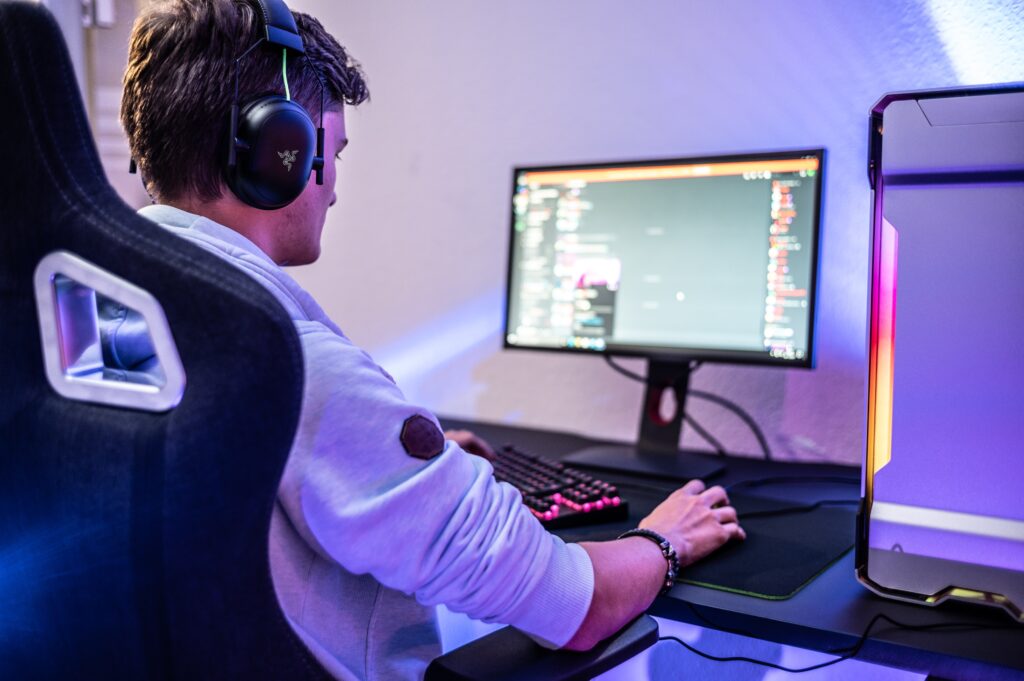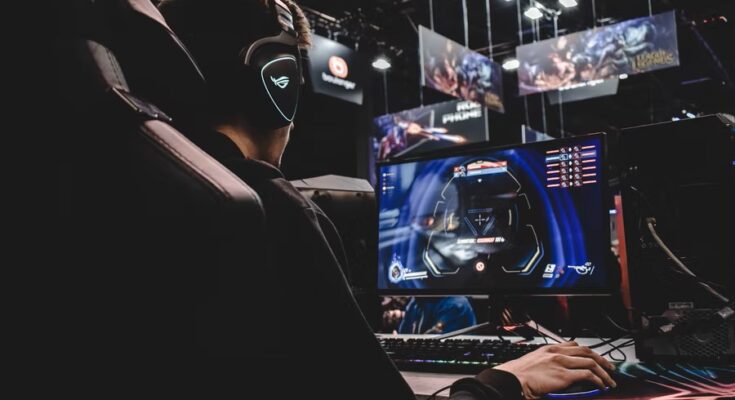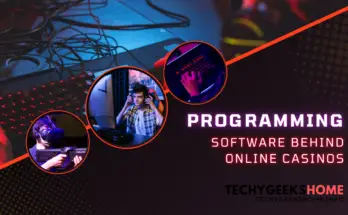Estimated reading time: 5 minutes
The gaming industry has undergone several seismic changes in the last 30 years, from the devices used to play them to the format and content. We’ve gone from requiring huge arcade machines to play basic games like Pac-Man to sleek handheld mobile devices that can store thousands of titles to be enjoyed on the go. In terms of subject matter, although many classic themes like shoot ‘em up, action and sport remain popular, fans of more niche genres can also find games to suit an extremely wide range of interests, from bass fishing to farming.
While these developments have been overwhelmingly positive, the industry has also seen some changes that have had a negative impact on the gaming community and the public perception of it. One of the main downsides that can be observed in the evolution of gaming is the declining volume and quality of social interaction that it has resulted in. As online gaming has grown in popularity, fewer gamers are organising in-person matches and tournaments with friends, as they can enjoy games together via the internet. There is a huge social element to playing online with voice communication via headsets and chat capabilities on consoles and games, but these conversations cannot compare to real human interaction, which allows us to read each other’s facial expressions and body language. Such interchanges of energy are important for human development, and many experts have shared fears that we could end up with increasing numbers of social issues as we move away from the real world and delve further into the virtual one.
Live games
Despite the apparent doom and gloom there are some technological developments in the gaming industry that many feel will restore the social element that has been lost. One of these developments is live gaming, a concept that has taken over the iGaming industry with extremely positive reviews. Ever since iGaming first became popular in the early 2000s, its most popular games have used virtual dealers that are usually invisible or represented by CGI. This has reduced the social aspect of these games which players usually enjoy in casinos, where they can interact with dealers. This has led to some players enjoying games much less as losses can be more demoralising when they come via a computer rather than a person.
Luckily for anyone who has felt like this, games with live games have provided a welcome update to the industry. These variations of popular titles like blackjack work by transmitting live streams of real dealers who are hosting the games at that exact moment, allowing players to see them shuffle, deal and draw cards as they happen. As well as allaying concerns about fairness, live games also allow players to interact with the dealer, which has been welcomed by players around the world.
The lost social element
Playing video games was once the most social of activities, due to the fact that it was only possible to compete or cooperate with friends in a game if you were in the same place. This meant that it was common for friends to meet up for gaming sessions that would last hours, with groups sharing great conversations and jokes while enjoying their favourite titles. Local tournaments and LAN parties were other fun social elements of the industry of 20 years ago, as they allowed you to meet other gamers and build long-lasting friendships. This encouraged the concept of a gaming community and helped lonely players find teammates and opponents.

Online shift
Although it can be argued that enjoying multiplayer games online is a social experience, it just doesn’t compare with playing with friends in real life. Social interactions between gamers via console chat apps tend to be a lot more negative than conversations in real life, in fact, the amount of abuse experienced by some players has driven them away from gaming as a hobby. Similar to the disconnection iGaming players can feel when losing casino-style games with computer-generated dealers, console players often fail to recognise that they’ve been beaten by another person when they can’t see them, which has led to a lack of empathy and respect in interactions between gamers.
Live gaming to the rescue?
It is hoped that live gaming can have a similar impact on online console play as it has had in iGaming. The shift has already begun thanks to the live streaming capabilities of our gaming devices, with many players transmitting footage of themselves playing their favourite titles against others. Of course, abuse is still possible and prevalent in this format, but it usually comes from players who are still using chat capabilities or headsets, it’s extremely rare to see a player disrespect another while they are both live streaming themselves. While it is probably farfetched to imagine developers creating games that can only be played while live-streaming yourself, we can expect more titles that incorporate live imagery and interaction to be released. VR technology and motion sensor-controlled games will increase the possibilities in this field as they continue to develop, and they will hopefully help increase the quality of social interaction in the industry.
Share this content:



